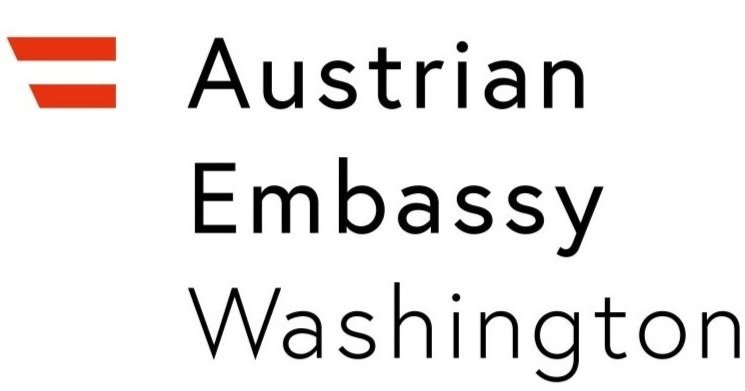Image Credit: Jean-Luc Bertini
Join the Austrian Cultural Forum New York (ACFNY) and the Austrian author Philipp Weiss for a reading of his critically acclaimed book Am Weltenrand sitzen die Menschen und lachen | At the Edge of the World Man Sits and Laughs. The reading by the author is followed by a conversation with Barbara Kosta, professor and head of the Department of German Studies at University of Arizona.
About the book
1,000 pages, five volumes – one novel. In At the Edge of the World Man Sits and Laughs, Philipp Weiss recounts the world’s transformation during the Anthropocene – that time in earth’s history in which the human being became the central power. Between France and Japan, from the 19th to the 21st century, this bold novel depicts a panopticon of our fleeting reality. Each one of the five volumes has its own form: encyclopaedia, manga, novella, audio-transcription and notebook.
Seventeen-year-old Paulette experiences the 1871 Paris Commune, is one of the first European women to travel to Japan in the Meiji-era, lies frozen in the ice of the French Alps for over one hundred and thirty years. The climatologist Chantal, her great-great-granddaughter, follows her footsteps to the Far East, sketching a cynical story of the universe while escaping a love and its power. The artist Jona travels to Japan in search of his lover Chantal, but instead of finding her, he finds a multiple catastrophe: an earthquake, a wave, a nuclear accident. Nine-year-old Akio walks through destroyed territory for days. He finds comfort in Satoshi, a homeless day laborer who is cleaning up nuclear power stations and who is slowly dying from the effects of radiation. Driven by a phantom pain, the young Japanese woman Abra wanders through Tokyo and loses herself on her virtual journey through the city.
About the author
Philipp Weiss, born in 1982 in Vienna, is a novelist and playwright. Until 2009 he studied German Literature and Philosophy. His critically acclaimed debut novel At the Edge of the World Man Sits and Laughs, was published by Suhrkamp Verlag in 2018. It was honored as the best German-language debut of 2018 with the Jürgen Ponto Foundation Literature Prize, the Klaus-Michael Kühne Prize, and the 2019 Rauriser Literature Prize, and it was number one on the ORF bestseller list for over two months. Katja Gasser called the novel in the Austrian evening news ZIB1 a “literary gem of tremendous intellectual, poetic and formal power.” The French translation (2021) was nominated for the Prix Femina. The novel will be published in Chinese translation this year and in Japanese translation in 2025. Image Credits: Jean-Luc Bertini
About Barbara Kosta
Barbara Kosta is professor and head of the Department of German Studies at University of Arizona. She is also an affiliated member of Gender and Women Studies and Film and Television. Kosta’s research concentrates on gender and sexuality in twentieth-century and contemporary German and Austrian literature, culture and film. Her publications include Auf Deutsch! First Year German Textbook (Prentice Hall), Recasting Autobiography: Women’s Counterfictions in Contemporary German Literature and Film (Cornell University Press), Willing Seduction: The Blue Angel, Marlene Dietrich, Mass Culture (Berghahn Press). She is the co-editor of Writing Against Boundaries: Gender, Ethnicity and Nationality in the German-speaking Context (Rodopoi) and Women Writing War: From German Colonialism to WWI (DeGruyter). She has published numerous articles on contemporary German film and literature, on Austrian literature as well as on literature, film, and visual culture of the Weimar Republic that focuses on the modern woman. She is working on a translation of Nika Pfeifer’s novel Violante and on a co-edited volume on Elfriede Jelinek in the US context. Kosta received her Ph.D. in German from the University of California, Berkeley. She is the recipient of Fulbright and DAAD awards for her research on German cinema, twentieth-century autobiographical filming and writing. Kosta served as President of the Coalition of Women in German and on the Executive Committee of the ADFL.

